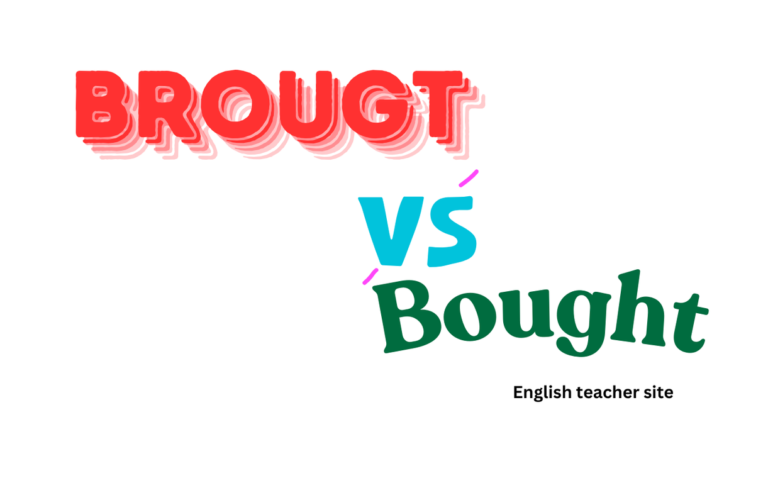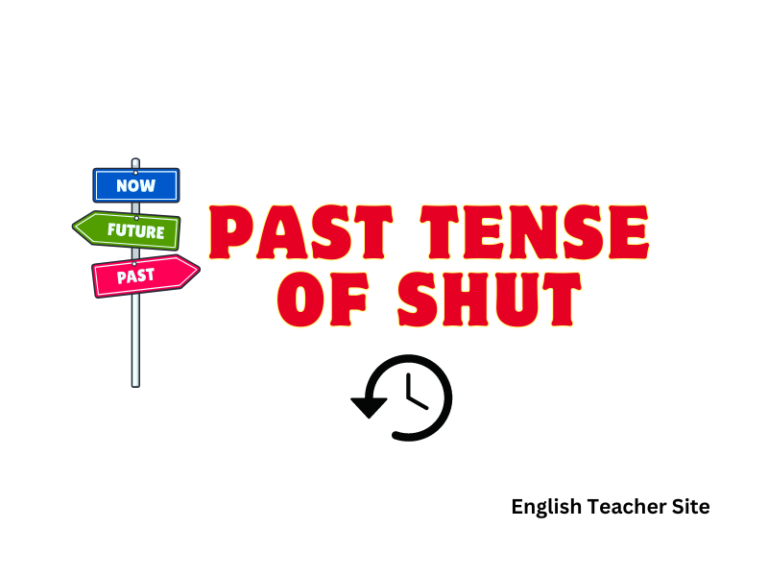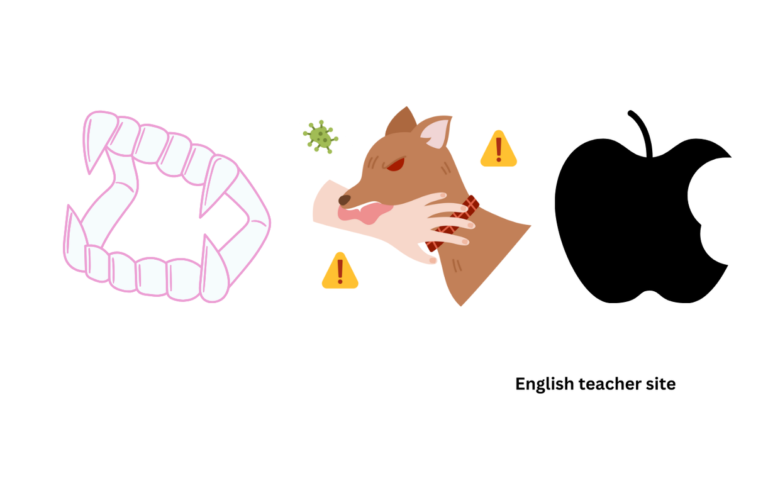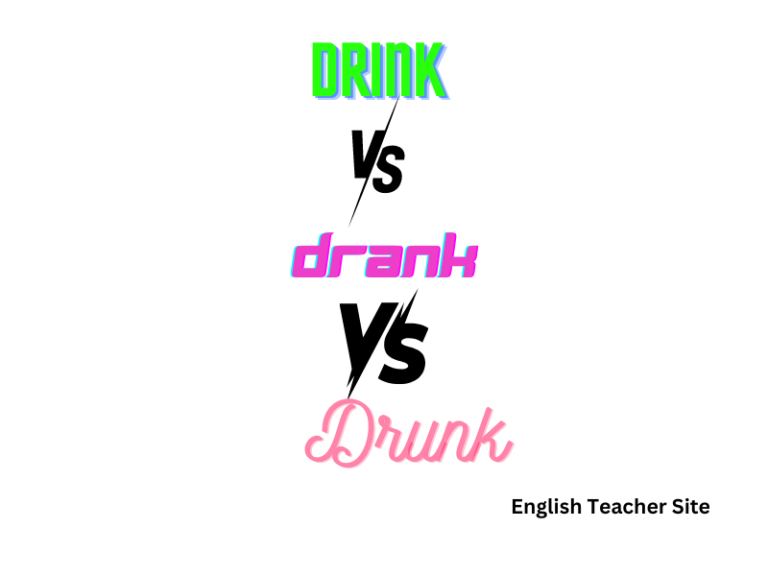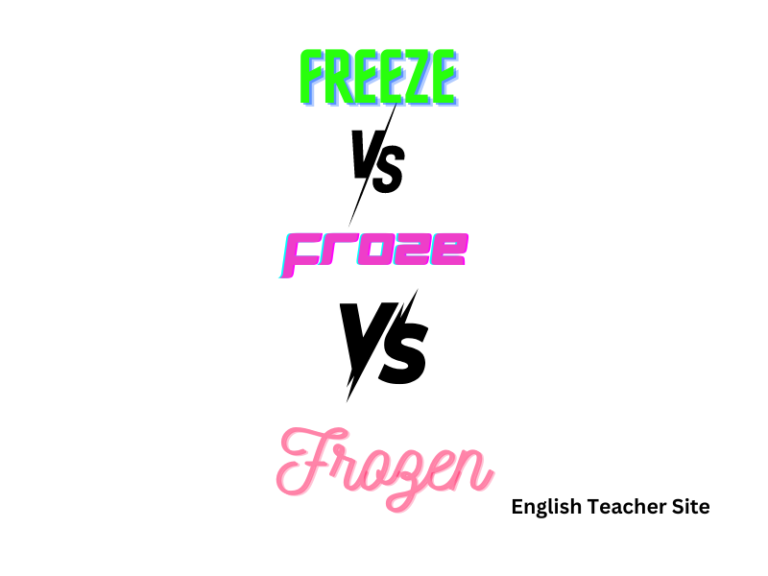Threw or Thrown: Which One is the Past Tense of Throw?
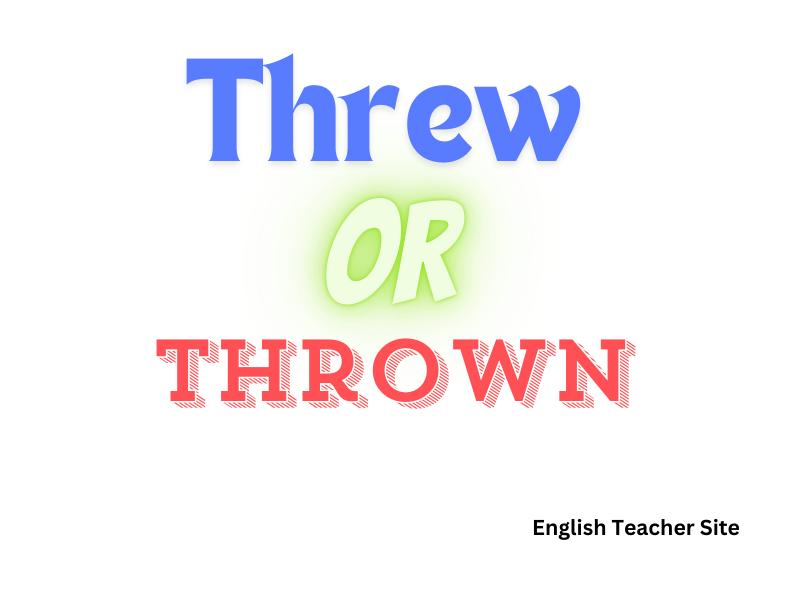
Answer:
Is the past tense of throw, threw or thrown. The past tense of “throw” is “threw,” while “thrown” is the past participle. The key distinction lies in their use in different grammatical contexts. “Threw” is used for simple past actions, while “thrown” is employed in perfect tenses and passive voice.
Threw vs. Thrown: Breaking It Down
“Threw” is the simple past tense of the verb “throw.” It describes an action that was completed in the past. For instance, if someone threw a ball yesterday, the act is finished, and the focus is on the event’s completion at a specific time in the past.
On the other hand, “thrown” is the past participle form of “throw.” A past participle is used with auxiliary verbs (such as “have,” “has,” or “had”) to form perfect tenses, indicating actions that are connected to the present or another past event. The past participle is also used in passive voice constructions to show that the subject of the sentence is the recipient of the action.
When to Use Threw
The past tense form “threw” is used when describing actions that were completed at a specific time in the past. These are straightforward events that do not require auxiliary verbs.
For example, “I threw the ball yesterday” simply indicates an action completed in the past without reference to its relation to the present or another event.
To form sentences with “threw,” remember that it directly answers the question “What happened?” and places the action firmly in the past. Here are some common sentence structures:
- Subject + threw + object: “He threw the paper across the room.”
- Subject + threw + object + place/time: “They threw the party last weekend.”
When to Use Thrown
“Thrown” is used in perfect tenses and passive voice constructions. It indicates that an action is connected to another moment in time, either to the present (present perfect) or to another past event (past perfect).
In the present perfect tense, the past participle “thrown” is combined with “have” or “has” to convey an action completed with relevance to the present moment. For example: “I have thrown the ball” suggests the action was completed, and it has an ongoing relevance (perhaps the ball is still in the air or the action affects the present situation).
In the past perfect tense, “thrown” is combined with “had” to show that one action was completed before another action in the past: “She had thrown the ball before I arrived.”
“Thrown” is also used in passive constructions, where the focus is on the action itself rather than who performed it: “The ball was thrown by the athlete.”

Common Mistakes and How to Avoid Them
Mixing up “threw” and “thrown” is a common mistake, especially for non-native speakers or those unfamiliar with the distinction between simple past and past participle forms.
One way to remember the difference is by recognizing the auxiliary verb. If you see a form of “have” or “had,” you’re likely dealing with the past participle “thrown.” If no auxiliary verb is present and the sentence refers to a completed action, use “threw.”
Here are a few tips to help avoid the confusion:
- If you are referring to an action completed at a specific time, use “threw.”
- If you are using the verb in a perfect tense (e.g., present perfect, past perfect), use “thrown.”
- In passive voice, “thrown” is the correct choice.
Practicing these forms in various contexts can help cement your understanding.
Threw or Thrown in Everyday Language: Real-World Examples
- “I threw the keys on the table.”
- “The ball has been thrown out of the window.”
Summary: Mastering Threw and Thrown
The distinction between “threw” and “thrown” is more than just a matter of correct grammar—it’s about conveying meaning clearly. “Threw” is used for simple actions in the past, while “thrown” functions as the past participle in perfect tenses and passive voice.
By mastering these forms, you ensure that your language is accurate and expressive. Whether you’re writing or speaking, knowing when to use “threw” and “thrown” will improve your overall communication and prevent confusion.
FAQ: Your Threw or Thrown Questions Answered
What’s the difference between threw and thrown?
“Threw” is the past tense of “throw,” while “thrown” is the past participle. “Threw” is used for simple actions in the past, while “thrown” is used with auxiliary verbs and in passive voice.
When do I use thrown in a sentence?
“Thrown” is used in perfect tenses and passive voice constructions. It is paired with auxiliary verbs like “have,” “has,” or “had.”
Why is it important to know the difference between threw and thrown?
Knowing the difference ensures that you are using correct grammar and helps your writing and speech be more precise and professional.
Conclusion: Perfect Your Grammar with Threw or Thrown
Mastering the difference between “threw” and “thrown” is a small but powerful step toward improving your grammar. Whether you’re writing, speaking, or simply conversing in everyday situations, understanding these forms ensures clarity and enhances your communication skills. Keep practicing and refining your understanding, and soon enough, using “threw” and “thrown” will become second nature.
Sources
1. Wikipedia. 2023. “Indo-European ablaut.” Wikimedia Foundation.
2. Harper, Douglas. “Etymology of throw.” Online Etymology Dictionary.
My name is Khamis Maiouf. I am the creator of the English Teacher Site, dedicated to providing valuable resources and insights for students around the world. With a passion for education and a commitment to helping students enhance their skills, I aim to make English teaching more effective and enjoyable for both educators and students.

